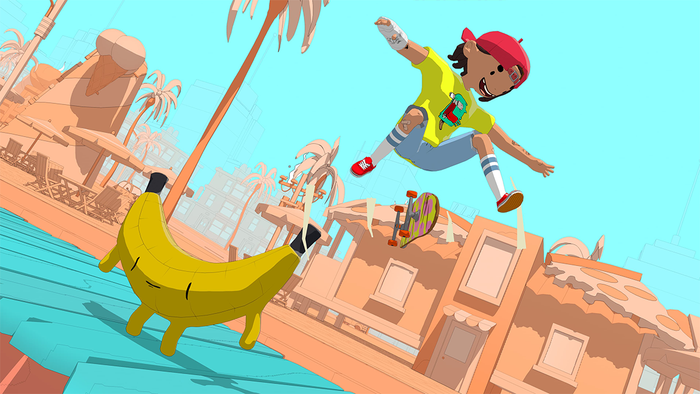Where video games meet literature: Lightness and The Walking Dead
A slightly different perspective on the relationship between games, zombies, and literature.

The late Italo Calvino, one of the great Italian writers of the 20th century, dedicated what proved to be his last energies into a series of essays paying homage to the values he prized above all in the written word. He believed these traits were keys to the future of literature: lightness, quickness, exactitude, visibility, and multiplicity.
While literature has a long history, most if not all of these virtues have great relevance to a newer form of media: video games.
Lightness in particular is almost deceptively easy to identify. Calvino defined it as the opposite of weight, and it is worth noting that his definition differentiates between the "lightness of frivolity" and the "lightness of thoughtfulness." For him, lightness incorporated energy, precision, and a certain amount of determination.
At simplest, it is the difference between how you feel after playing "Candy Crush Saga" versus playing "The Walking Dead". The latter, a beautifully done, zombie-filled alternate future game, being one very weighty and strikingly "not light" example of lightness and games.
Based on Robert Kirkman's original graphic novels, the first season of this episodic series by Telltale Games revolves around an escaped convict who is adopted by and protects a little girl after zombies overrun the world. The recently launched second season follows Clementine herself.
Player choices and decisions drive the overall story arc. Who will live? Who will die? How will players' relationships with characters in the game evolve within and beyond each season? While the actual gameplay is much simpler than more hardcore games and a number of high-level constraints guide everyone to certain points within the story arc - such as Herschel's farm or the family drugstore in Macon, GA of the first episode of Season 1 - within those constraints lie an amazing amount of variety of choices for players.

The accessible gameplay makes it easy to focus on the story as it unfolds. In some ways, Telltale's take on "The Walking Dead" is closer to a more interactive and controllable movie than to a traditional game. Just as in everyday life, each action the player chooses to make, the lies and truths spoken or not spoken, affect the outcome and spill over to the second season. While the core story arc is similar for everyone, each player will experience the story differently.
"The Walking Dead" is about fear, death, grief, and the destruction of everything we have ever known. However, at core, the game is really about people, about humanity's resilience, and about hope. It is about our ability to take horrific damage from life and keep going and growing.
While the game itself is bleak and frightening, one comes away with the urge to hug one's family, pat the dog, and generally go out and enjoy life as it is - sans zombies or potentially crippling moral decisions. In short, with a certain energetic lightness of spirit that Calvino himself might have appreciated. It is impossible to appreciate lightness without having a strong sense of its opposite - weight. Perhaps lightness is as much a way of life as a concept, and perhaps that is a quiet part of "The Walking Dead's" appeal to such a broad audience.
Games are not literature and do not serve the same functions. To claim as much would do a tremendous disservice to both games and to literature. However, there are a number of interesting parallels between the two, and as we look ahead to what the future holds for all of us, games have the potential to occupy a unique place in our cultural traditions, and to become a new way of sharing experiences and fostering stronger human connections.
As we explore the roles games might come to fill in our cultural lives, it is also worth looking at our existing traditions and media, and at literature in particular. Literature offers us perspectives on life and ideas that cannot be easily gleaned in any other way. It is a cultural touchstone that conveys shared human experiences across time; games share a similar potential.
Italo Calvino loved literature, science, and the imagination. His writings are full of wonder at the world and its potential. Even the best games today are not in competition with literature; but they can and perhaps should be more than passing acquaintances in our cultural evolution. While he might have raised an eyebrow at our current zombie obsession, he might well have enjoyed tracking games as a new medium that could eventually come to partner with literature.
Originally appeared on the State of Play on Boston.com.
Read more about:
BlogsAbout the Author(s)
You May Also Like







